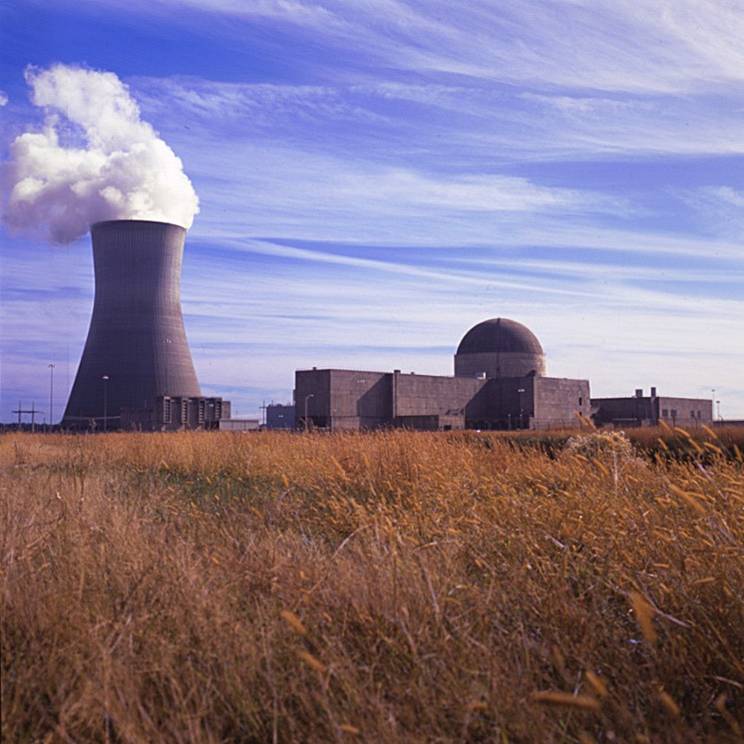I have remarked in previous blog posts that nuclear regulation is often inconsistent and insufficient. Many national regulatory agencies have been "captured" by the industry that they are suppose to regulate. In the last four years, there has been a decline in the number of events that caused the Nuclear Regulatory Commission to stage "special inspections" at U.S. nuclear power plants. In 2010, there were nineteen such events but in 2013, there were only fourteen. The Union of Concerned Scientists (UCS) calls these events "near misses." I certainly hope that they are exaggerating.
For the most part, the NRC does a good job of enforcing safety regulations at the one hundred U.S. nuclear power plants. This enforcement protects workers and the public from exposure to radiation. Recently, the NRC has increased oversight on the U.S. fleet of reactors, many of which have passed or are nearing their original projected lifespan.
A UCS recent report criticizes the NRC for not requiring that spent nuclear fuel at nuclear power plants be transferred from the spent fuel pools to dry cask storage. This is a serious problem because it is estimated that all the spent fuel pools in the U.S. will be full within four years. However there are problems with dry cask storage. The current design does not monitor the contents and there have been buildups of explosive gases in some casks. Work is proceeding on new casks designs to solve these problems but the first prototypes will not be ready for testing until 2017. In addition, nuclear utility companies have been paying into a fund for the permanent disposal of spent fuel. A repository was supposed to be provided by the U.S. government by 1999. There is no repository in sight and two nuclear utility operators have just been allowed to recover some of the money that they have paid out.
The law governing the use of the fund prohibits money being spent on temporary storage which is exactly what is currently needed.
The UCS report also complains that the NRC is not enforcing fire protection standards at around half of the U.S. reactors. There have been fires at many U.S. nuclear power plants. In January of this year, there was a fire at the Duke Energy Harris nuclear power plant in North Carolina which caused the operators to shut down the reactor. This particular power plant had been shut down recently due to design flaws found in the reactor. It was also shut down in May of last year because corrosion was found in the reactor vessel. Here is a good example of a reactor with multiple problems that should probably be shut down permanently. There was a fire in February at the Waste Isolation Pilot Plant (WIPP) near Carlsbad, New Mexico. Plutonium contaminated waste from nuclear weapons production is stored there. Some investigator say that this fire was preventable. A truck caught fire a half mile underground. The truck was almost thirty years old. Investigators say that it was not been maintained properly and that it had no automatic fire suppression system.
Some critics of nuclear power say that it is not a question of "if" there will be another serious accident at a nuclear reactor but only a matter of "when." They may be wrong but I fear that they are not. One more major accident at nuclear power reactor may be the final nail in the coffin of nuclear power generation. In the meantime, the NRC should be pressured to increase their surveillance and regulation of U.S. reactors.
Duke Energy's Shearon Harris Nuclear Power Plant:
